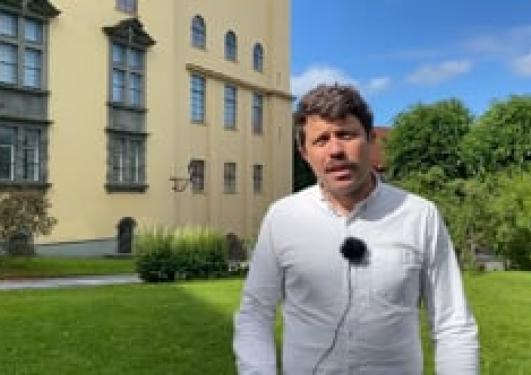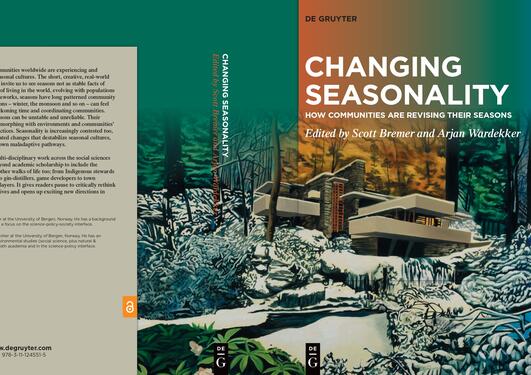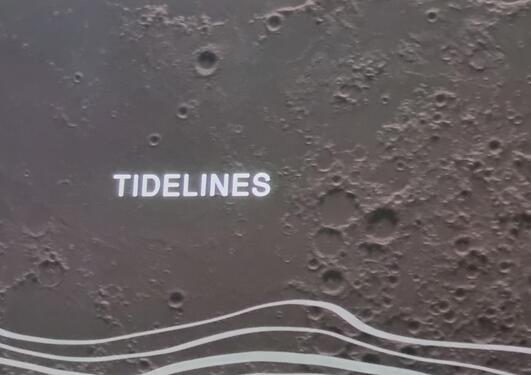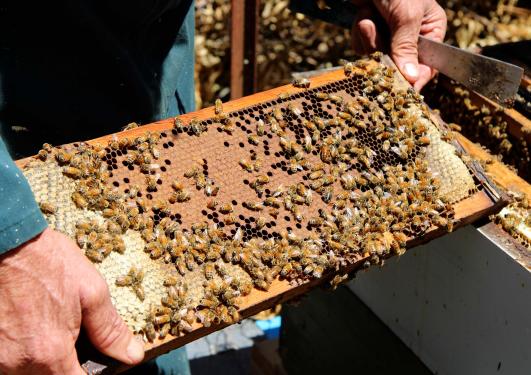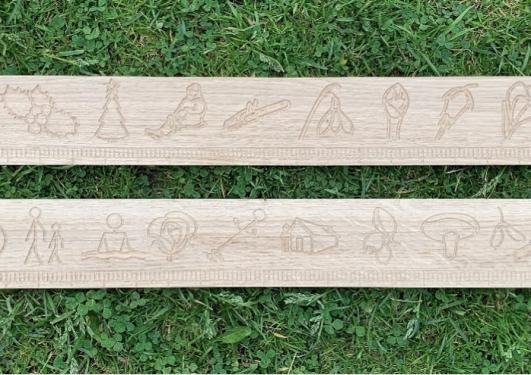The CALENDARS project empirically explored the ways people perceive and effect seasonal patterns in different communities and fields of activity, focusing mainly on places in New Zealand and Norway. A central concern was how peoples’ cultural calendars of seasons can support or hinder their adaptation to rapid changes in seasonal rhythms through climatic but also other environmental and social challenges. The overall objective of the project was:
To advance knowledge and understanding of how seasonal representations shape and are shaped by institutions, and to critically appraise the quality of these representations for contributing to successful adaptation to seasonal change.
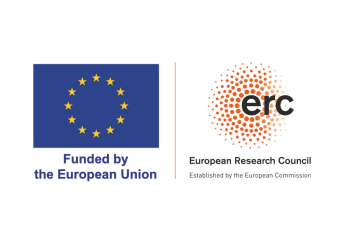
This project has received funding from the European Research Council (ERC), ERC-STG action, under the European Union's Horizon 2020 research and innovation programme Grant Agreement No 804150
